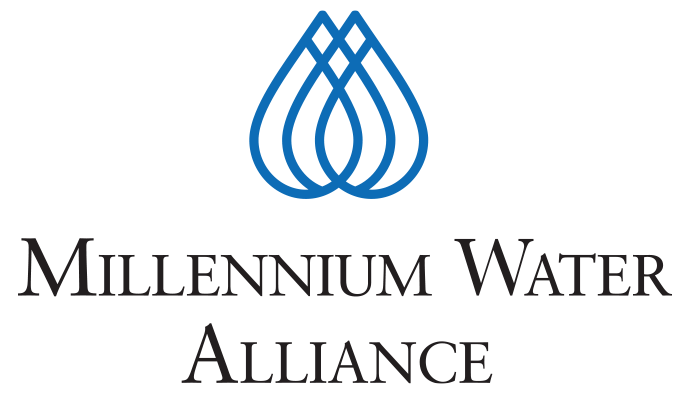The Multi-Stakeholder Forum (MSF) is a yearly event related to Water, Sanitation, and Hygiene (WASH). It is organized by a combination of groups, including government bodies, development partners, non-government organizations, and private sector companies. The MSF’s main purpose is to look at the progress in the WASH sector, find out what works best, identify what needs improvement, and plan how to make those improvements. The MSF started in 2006 and has held 10 rounds since then. It’s an event where many of the people involved in the WASH sector have contributed to its success by taking part in organizing it, going on field visits, hosting meetings, and sponsoring the events. The 10th MSF happened in 2019, but it has not been held since due to obstacles such as the COVID-19 pandemic, civil war, instability in the country, frequent changes and reform in organizations, and other important issues within government bodies.
The main aim of the Joint Technical Review (JTR) is to look at how WASH projects are being done in chosen areas that are using new methods. This can help others learn what works best. The areas for the JTR are chosen by the national organizing group. They use certain measures to find the best places where there is safe water, improved cleanliness and good hygiene in schools, health facilities, and the community. In the recent JTR visit, they went to WASH facilities in Dera and North Mecha Woredas, which met these standards. The JTR team visited the Korata solar-powered water system, the Ambo-Mesk multi-village water supply, and the WASH facilities at Ambo Mesek Primary School.
The JTR team was impressed with the use of renewable energy (solar power), the effort to provide water to more people in rural areas, and the professional service and governance structure at the Korata and Ambo-Mesk water systems. The quality of construction, the strong partnership with the local government and efforts to increase capacity also received praise. The team was also pleased to see separate toilets for men and women, rooms for menstrual hygiene management, hand-washing stations, water storage and hygiene education activities at the school and in the community.
The table below shows the names of the organizations and the number of their members that joined the JTR mission to SWP Woredas.
| S/No | Organization name | # of participants |
|---|---|---|
| 1 | National Water & Energy Working Group | 1 |
| 2 | One WASH National Program Coordination Office | 1 |
| 3 | Ministry of Health | 1 |
| 4 | Ministry of Finance | 1 |
| 5 | UNICEF Ethiopia Country Office | 1 |
| 6 | World Vision | 4 |
| 7 | PSI Ethiopia | 3 |
| 8 | IRCWASH | 1 |
| 9 | MWA | 1 |
| 10 | WaterAid | 2 |
| 11 | Dera Woreda Government Offices | 8 |
| 12 | North Mecha Woreda Government Offices | 6 |
JTR team visiting Korata solar-powered water supply system, in Dera Woreda:


Solar-panels installed at the source of Ambo-Mesk water supply system:

